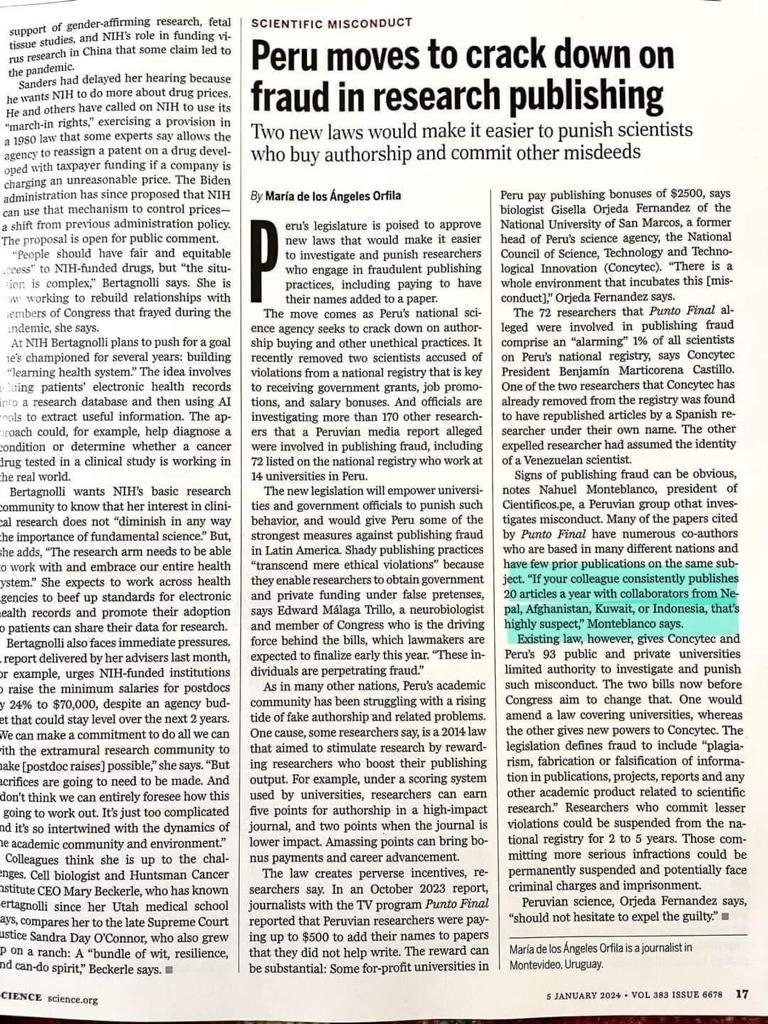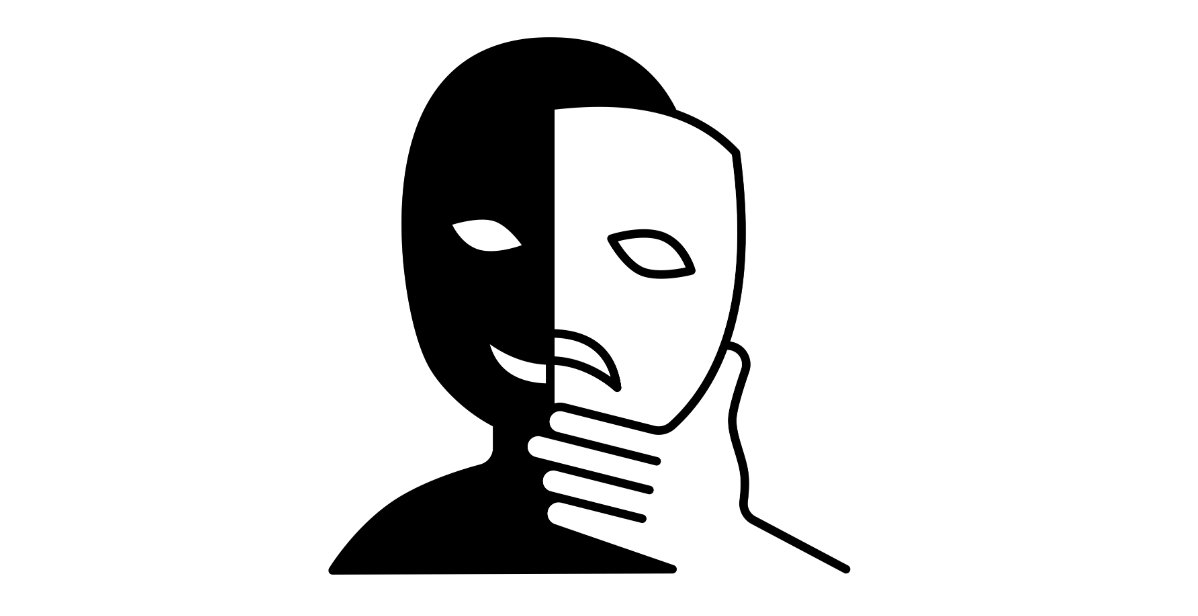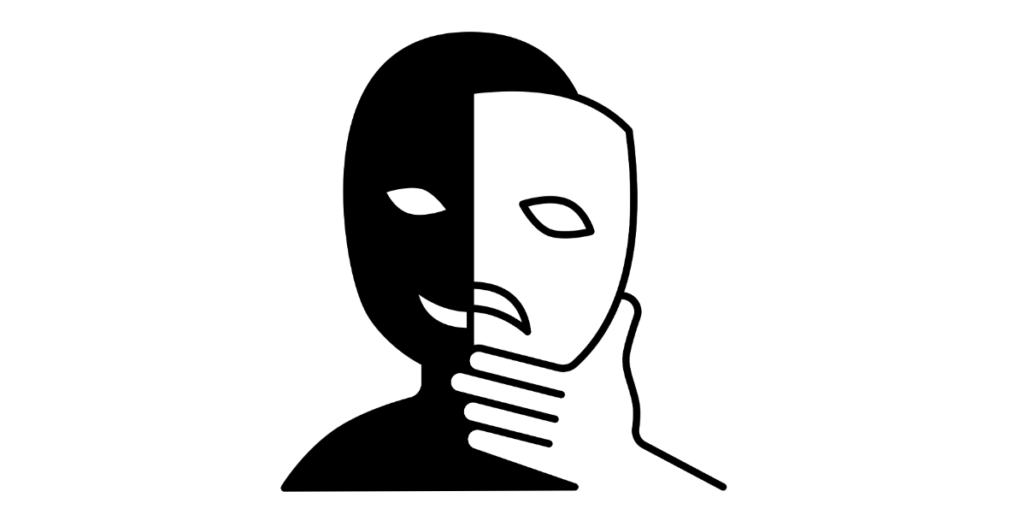It’s a matter of unethical individual publishing practices, but naming specific countries as culprits… We don’t think so… Bad move Peru… Bad move…
In December 2023, María de los Ángeles Orfila published a coverage article about the Peruvian National Science Agency intensifying its crackdown on unethical publishing practices (see screenshot below). The agency put as many as 72 Peruvian researchers under investigation regarding their work and the authorship of their papers. And it went viral amongst Indonesian academics …
The summary of the article
Legislative Action in Peru
- Peru’s lawmakers are set to approve legislation targeting fraudulent publishing practices among researchers.
- The legislation will facilitate the investigation and punishment of scientific fraud, such as buying authorship.

The screenshot of the pdf version of the article that went viral in Indonesia.
Crackdown on Unethical Practices
- Peru’s national science agency has removed two scientists from a national registry crucial for funding and career advancement due to unethical practices.
- An investigation is ongoing into 180 individuals, following a media report on publishing fraud.
Impact of Fraudulent Practices
- Fraudulent publishing practices can lead to obtaining government and private funding under false pretenses.
- A 2014 law rewarding increased publishing output may have inadvertently encouraged such misconduct.
Specific Cases and Warning Signs
- One researcher was removed for appropriating another’s work, while another assumed a different scientist’s identity.
- Warning signs include having numerous co-authors from various nations (Indonesia, Nepal, Afghanistan, and Kuwait) and an unrealistic number of publications.
Proposed Legal Measures
- The new bills will define fraud to include plagiarism, fabrication, and falsification in academic products.
- Penalties range from suspension from the national registry to potential criminal charges and imprisonment.
Community Response
- There is a call within the scientific community for stronger measures and social sanctions against those committing fraud.
- The National Academy of Sciences of Peru’s president emphasizes the need for a robust scientific community to isolate fraudsters.
Even though we agree with what was conveyed, we strongly object to the accusation “If your colleague consistently publishes 20 articles a year with collaborators from Nepal, Afghanistan, Kuwait, or Indonesia, that’s highly suspect,” Monteblanco says. …”
Strangely, not a single researcher from Indonesia objected to this accusation. Instead of highlighting the accusation, they even emphasized that researchers in Indonesia are indeed that bad.

